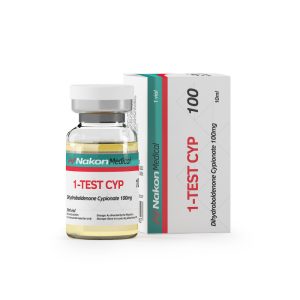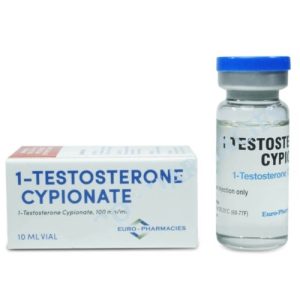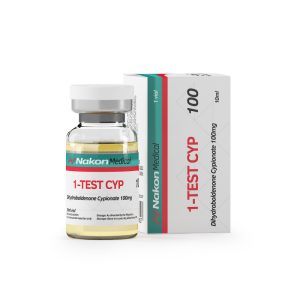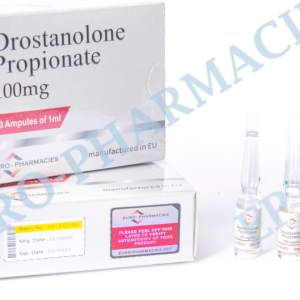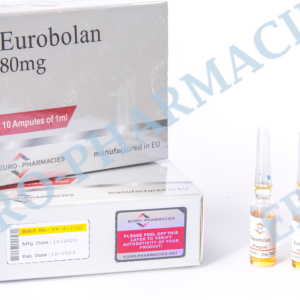Growth hormones: uses, side effects, cycle, warnings and doses
What are growth hormones?
Growth hormone (GH) is a hormone released by the hypothalamus in the brain that stimulates the production of other hormones, in particular insulin-like growth hormone (IGF-1). GH influences the metabolism and cellular growth process and plays an important role in controlling the growth and development of pelvic bones, muscles and organs in children and adults. Among GH’s distinct vital functions are the maintenance of healthy blood pressure, support of normal metabolism and a sense of well-being.
Uses of growth hormone
Growth hormones are now widely available and widely used. In the case of growth disorders in children, GH-based therapy may be prescribed if a child has very low natural GH secretion or low levels of the anabolic hormone IGF-1. Some adults suffering from Turner’s disease, Prader-Willi syndrome, AIDS or muscle diseases also take GH injections to stimulate muscle and fat metabolism. Growth hormones are also becoming very popular in competitive sport, as they help to increase strength and endurance. GH is also used as an anti-ageing therapy, as after just one week there is a noticeable difference in muscle strength, hair growth and appearance.
Side effects of growth hormone
Although the health risks associated with growth hormone are difficult to quantify due to the use of over-the-counter growth hormone preparations, uncontrolled intake of growth hormone can lead to serious side effects. These include fluid retention, calcification of organs and joints, diabetes, heart disease, headaches, behavioural changes and memory loss. It can also lead to infertility and other diseases of the reproductive system. It is therefore important for people who use growth hormone to undergo a careful examination before using it and to adhere to the dosage and intervals prescribed by the doctor.
Growth hormone cycle
In the case of growth hormone donors, cyclical dosing is recommended in order to maintain a constant level of hormone. It is therefore essential that you change the dosage as recommended. This is because the effect of growth hormone is not predictable and you are therefore unable to assess the ideal level of chemostimulation. Nevertheless, the appropriate cycle depends on whether an increase or reduction is required. For example, you need to change the cycle if you want to achieve anabolic results such as muscle development or fat loss. In addition, the right dosage depends on factors such as your height, weight and general health. By considering your body as a whole, you keep an overview and avoid negative effects on your immune system and weight. You can consult a certified doctor to obtain the growth hormone cycle best suited to your needs.
Warnings and dosages when using growth hormones
When using growth hormones, it is important that you read and follow the manufacturer’s information and instructions carefully. In addition, you should remember that taking them without the advice of a doctor can also lead to health problems. It is also important to note that taking growth hormones can interact with certain medicines, such as insulin, corticosteroids and antidepressants, so you should check whether you are taking any of these medicines before using them.
It is important to follow the dosage of growth hormone. As mentioned above, you should first seek a doctor’s advice before starting to take GH, as the doctor will then be able to determine the appropriate dosage and administration intervals. Irrespective of this, you should reconsider your opinion on taking growth hormones and examine the indications in your particular case. Excessive use of GH can have serious health consequences, so you should exercise caution.
Showing 1–9 of 4386 results


